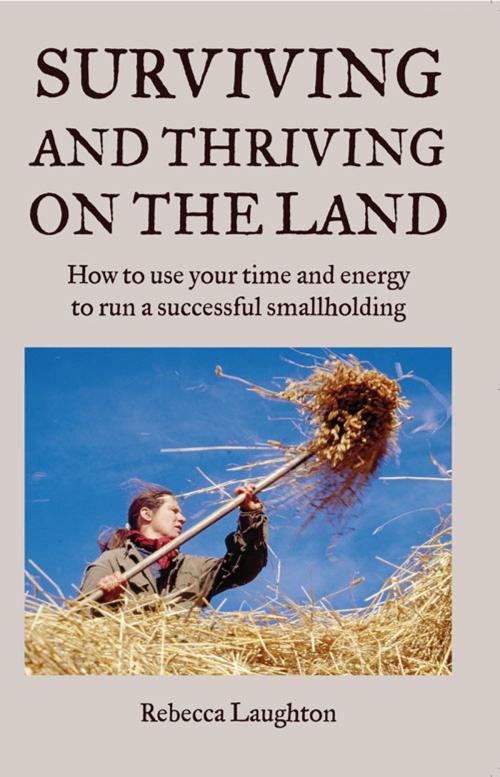Surviving and Thriving on the Land
How to Use Your Spare Time and Energy to Run a Successful Smallholding
Nonfiction, Health & Well Being, Health, Reference, Healthy Living| Author: | Rebecca Laughton | ISBN: | 9781907448553 |
| Publisher: | UIT Cambridge Ltd. | Publication: | October 1, 2008 |
| Imprint: | Green Books | Language: | English |
| Author: | Rebecca Laughton |
| ISBN: | 9781907448553 |
| Publisher: | UIT Cambridge Ltd. |
| Publication: | October 1, 2008 |
| Imprint: | Green Books |
| Language: | English |
Surviving and Thriving on the Land looks at ways in which projects can be designed that care for the people involved in them as well as the Earth that they are trying to protect. It's a dream come true when you finally get a piece of land or join an eco-community, and start to plan your sustainable land-based enterprise; but all too often the dream is spoiled by lack of money, stress, exhaustion, and poor time management, and your work and future plans can dissolve into discord, illness, and poverty. Smallholdings provide food, home, fuel, and employment for those who run them, and local, seasonal, often organic and ethical food and timber for an expanding market. If land-based ecological projects are to offer a realistic solution to the problems of the 21st century, it is imperative that they should be sustainable in terms of human energy. This book offers a framework of issues to consider, backed up by real life examples, when setting up a new project, or for overcoming human-energy-based problems in existing projects.
Surviving and Thriving on the Land looks at ways in which projects can be designed that care for the people involved in them as well as the Earth that they are trying to protect. It's a dream come true when you finally get a piece of land or join an eco-community, and start to plan your sustainable land-based enterprise; but all too often the dream is spoiled by lack of money, stress, exhaustion, and poor time management, and your work and future plans can dissolve into discord, illness, and poverty. Smallholdings provide food, home, fuel, and employment for those who run them, and local, seasonal, often organic and ethical food and timber for an expanding market. If land-based ecological projects are to offer a realistic solution to the problems of the 21st century, it is imperative that they should be sustainable in terms of human energy. This book offers a framework of issues to consider, backed up by real life examples, when setting up a new project, or for overcoming human-energy-based problems in existing projects.















